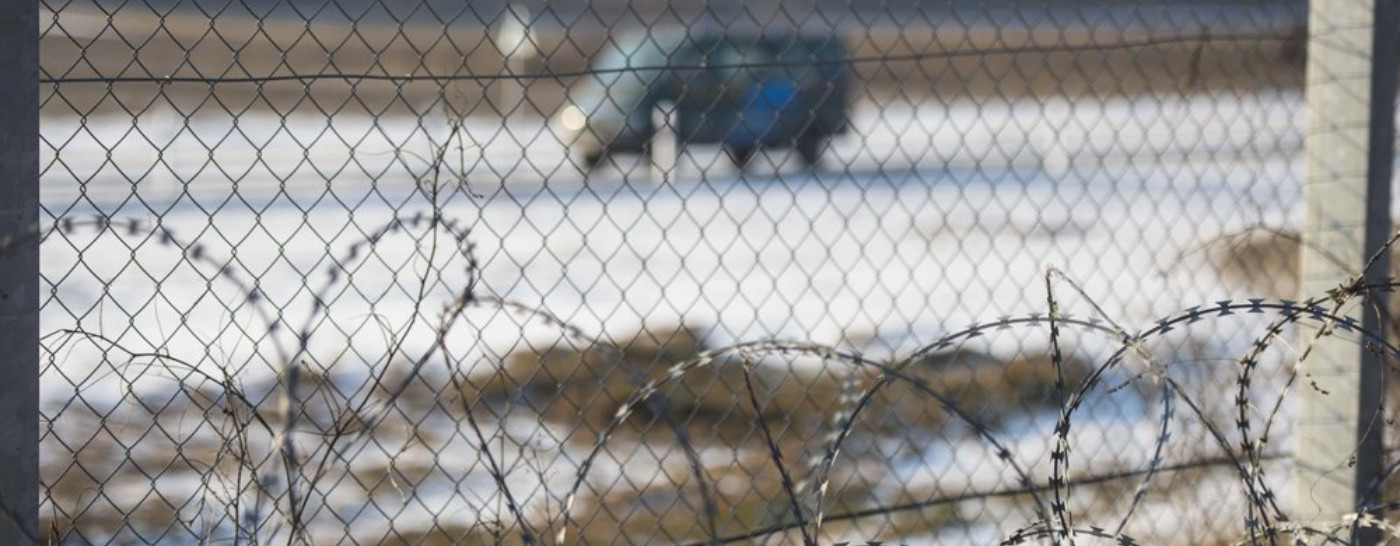The border is brutal
Published 15th December 2017
We recently spoke with Biljana Stankovic, Doctors of the World General Coordinator in Bulgaria, where our teams provide medical care to people in refugee camps and advocate for the rights of refugee children, who are often exposed to dangerous situation or find themselves without families or relatives after their traumatic journey in search for safety.
Biljana expressed his views on the current crisis:
“Smuggling will not stop. This is a long standing route in to Europe. Current numbers are always skewed lower than the reality.
“Afghanistan is rated as a ‘safe’ country by Bulgaria. But people will continue coming, they can’t go back. Their lives or their family’s lives have been threatened – they need to keep going. Despite being beaten and turned away, they will keep returning until they find a way as they have no other choice.
“The Hungarian border is brutal. One of own translators was beaten there. Skulls are broken. People are sent back from borders without food and drink to walk for two or three days through the forest back to Bulgaria.
“We’ve been shown footage of the police putting on balaclavas and beating refugees”.
We also spoke with one of the doctors working in the camps and reception areas. He explained about some of the conditions he sees.
“I see lots of bites and rashes from insects. We also see lice from people who have been in reception centres. People come in ‘having come into contact with physical objects’ – I couldn’t say if they have been beaten with batons. I often see new people with dog bites from border police.
“When people first arrive coming in with injuries related to long journeys – joint swellings, bleeding feet.
“I saw four people today. The difference between a consultation in the camp and the one in a hospital is time. In the camp people need time to talk, to tell you what is really wrong with them.
“Doctors have certain status in middle eastern countries so in many refugees’ eyes a doctor has status. If you are willing to just listen to their problems it makes them feel that someone important is listening to them. It gives them a voice.
“The hardest part of my job is doing it through a translator. I need to explain in a way that it makes it easy for the translator to then explain. Medical intervention is only about 30% of my role. The rest is listening and giving time to people.”
While visiting our teams in Bulgaria we also met some of the children who live in the camp.
You can watch in the video below the story of Abbas, aged 12, who lives in Harmanly Refugee Camp, in the outskirts of Sofia. Doctors of the World help children like Abbas, whilst advocating for their right to safe and separate accommodation, and helping reunite them with their relatives in Europe.
It is only thanks to your support that our volunteers can continue to listen and help, and our patients can find a safe place to share and heal from their traumatic experiences. Please do consider giving generously to our winter appeal in support of families and children in refugee camps across Europe and the Middle East.
